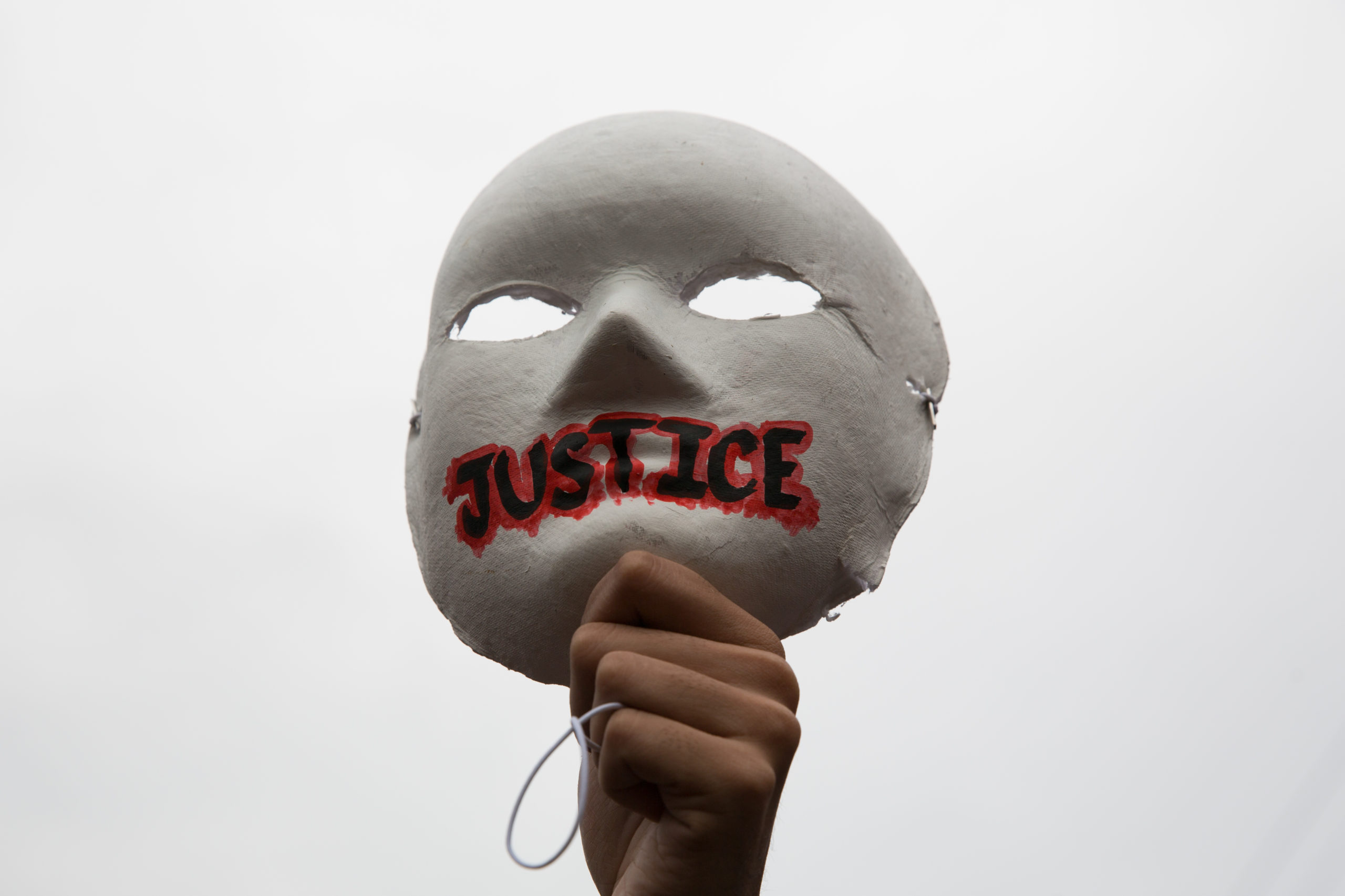In a joint statement on the end of the UN Joint Programme on Human Rights (UNJP) in July 2024, the Philippine Department of Justice (DOJ) and the UN Office in Manila announced on August 8, 2024, that the Philippine government will present a comprehensive and progressive plan to improve the human rights situation. The UNJP was a three-year technical cooperation between the UN and the Philippine government to support investigations into extrajudicial killings in the context of police operations.
The Fourth Philippine Human Rights Plan (PHRP4) is intended to serve as a strategic guide for the protection and promotion of human rights in the country. The PHRP4 will be launced on December 10, 2024, the International Human Rights Day – one year after the Philippine government announced the plan in Geneva as one of three key measures to improve the human rights situation as part of the UNJP. The creation of the Special Committee on Human Rights Coordination, which was adopted in May 2024, and the establishment of an institute for forensics were also named.
On August 5, 2024, a preliminary meeting on the plan was held in Cebu, where numerous activists and human rights organizations expressed their concerns about the government’s political will to implement the PHRP4. The attending government representatives from the Presidential Human Rights Committee Secretariat (PHRCS) and the DOJ emphasized that those affected by human rights violations should report their cases to the authorities. However, activists Dyan Gumanao and Armand Dayoha, who were forcibly disappeared in 2023, stated that the authorities did not take them seriously when they reported their case and instead accused them of trying to attract attention.
For Dayoha, the inclusion of the Inter-Agency Committee (IAC) on extrajudicial executions, enforced disappearances and torture (also known as Administrative Order 35 of 2012) is a central problem of the PHRP4 draft. Dayoha explained that the IAC includes the Philippine National Police (PNP) and the Armed Forces of the Philippines (AFP) which were themselves involved in human rights violations. Emalyn Aliviano, the Visayas coordinator of In Defense of Human Rights and Dignity Movement (iDEFEND), criticized the fact that the PHRP4 did not include the human rights problems that were not resolved in the third PHRP. Aliviano also regretted that civil society had not received a copy of the assessment of the third PHRP, which made it difficult to participate meaningfully in the drafting of the PHRP4. According to Aliviano, however, in order to solve the central human rights problems, the government would also have to follow the recommendations of civil society, such as the adoption of a legislation to protect human rights defenders (Human Rights Defenders Protection Act).
Another key element of the government’s announced package of measures to address the human rights situation is the establishment of an institute for forensics. Based on a cooperation agreement between the DOJ and the United Nations Office on Drugs and Crime (UNODC) from July 2024, this institute will be located on the campus of the University of the Philippines in Manila, where scientific autopsies should be carried out.
Photo © Raffy Lerma

